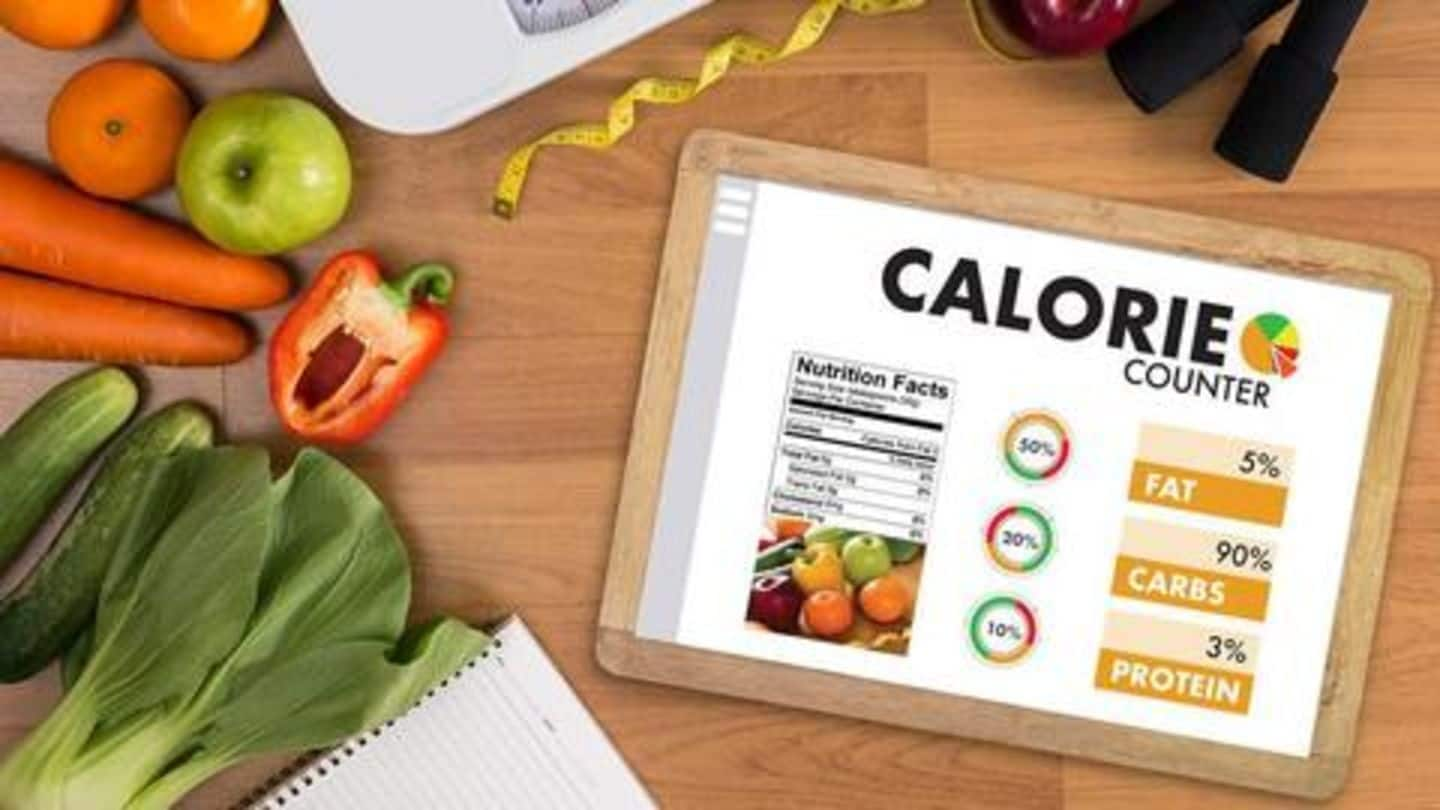
#HealthBytes: Seven common (but useless) diet myths busted!
What's the story
Seeking and sticking to diet is a great idea, but notably, not all food advice is good advice. Some 'facts' should be taken with a pinch of salt. Additionally, it is advisable to consult a trusted dietician before believing 'food facts' you come across, courtesy the Internet or hearsay. Here are seven common myths about food, and why they don't make any sense.
#1
Myth: Several smaller meals are better than few big ones
It is commonly believed that one should have a number of smaller meals throughout the day instead of opting for two or three big ones. But what actually matters is the total calorie intake of a person for the day. Come to think of it, if your calorie count remains the same, what's the difference between six small meals and three large ones?
#2
Myth: You should prefer your food raw, not cooked
It has been widely believed that heating up food kills all its enzymes and nutritional value, so one should prefer eating their food raw. But practically speaking, taking only raw food will deprive you of essential nutrients like protein, calcium, iron, and certain vitamins like B-12, since they are mainly obtained from animal sources, which obviously can't be consumed completely raw.
#3
Myth: All carbohydrates are bad for health
One must not be fooled into believing that all carbohydrates are bad. In fact, carbohydrates are a great source of many essential nutrients and dietary fiber, which makes them a must for a balanced diet. But then, there are healthy as well as unhealthy carbs. Carbs with high glycemic index may raise blood-sugar levels. Thus, they should be avoided, especially if you're a diabetic.
#4
Myth: Diabetics must stick to sugar-free food products only
Diabetes patients, around the world, are being sold specially packaged, sugar-free products like sugar-free biscuits, drinks etc. But, truth be told, this is simply clever marketing. Medically speaking, there is no need to consume such commercial packaged sugar-free food products. Instead, a diabetic should simply look to reduce their carbohydrates intake, which includes sugar, white bread, sweet drinks etc.
#5
Myth: Microwaving food kills its nutritional value
Any heating or cooking method is bound to have a certain degree of impact on the nutritional value of your food, let alone microwaving. As against a commonly-held misconception, microwaving actually uses lesser heat to prepare food, as compared to other methods, which makes it one of the best ways to prepare/re-heat food.
#6
Myth: Certain 'diet foods' will help you lose weight
Eating packaged foods labelled as "low-fat", "sugar-free", or "diet" and thinking that they would help you lose weight, is probably a pretty common misconception - they don't really help. Anything that comes packaged is processed food, and should ideally be avoided. The best food products for losing weight are natural, un-packaged ones.
Information
Myth #7: Skipping meals/dieting will aid in shedding fat
When you skip meals or start dieting, you don't get plenty of calories, and thus stay low on energy. Also, you might miss out on crucial nutrients. Thus, in order to lose weight in a healthy manner, have a balanced, filling diet, and exercise regularly.